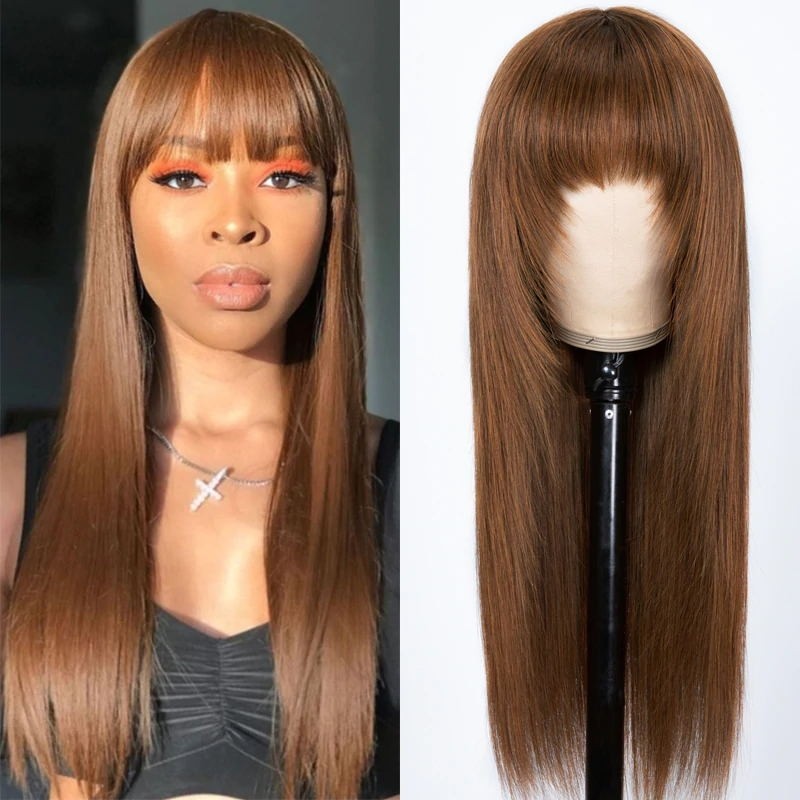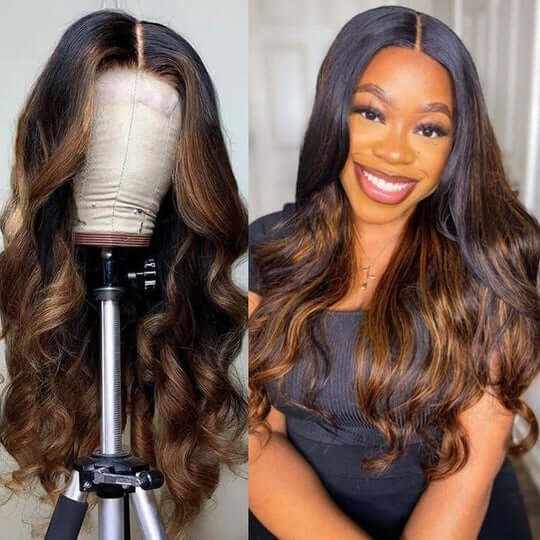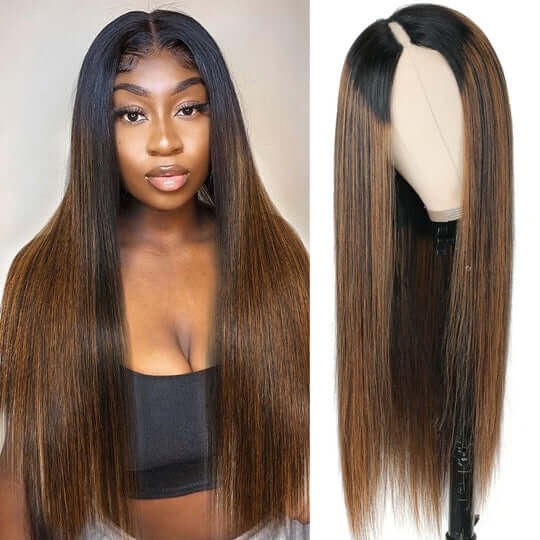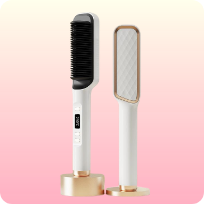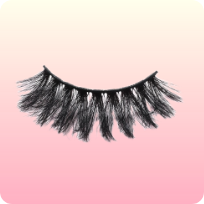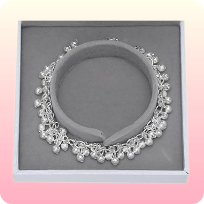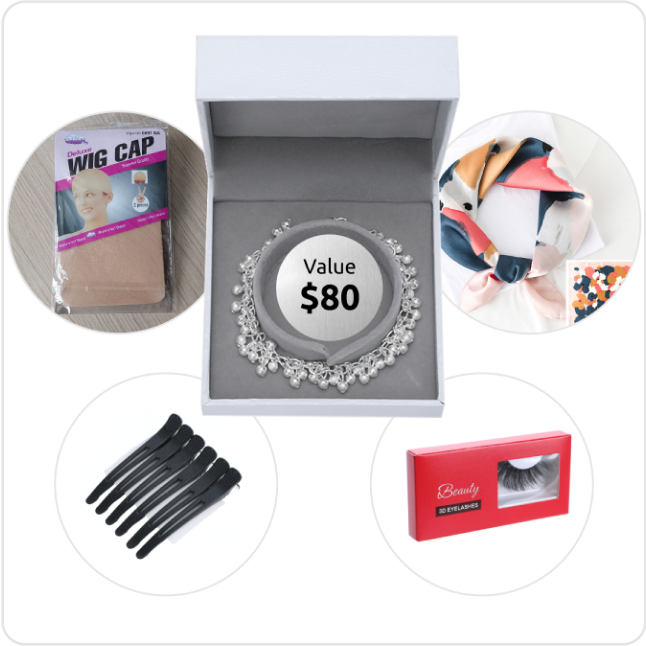How To Prevent Hard Water Damage To Your Hair
The presence of calcium and magnesium salts, in high concentrations in the water, can lead to hair problems. As a direct consequence of this, the hair will appear dull and void of shine, while the ends become dehydrated and more prone to breakage. It sounds like this is the complete opposite of how you would like your tresses to look. You may find out how to lessen the hard water's impact on your hair by reading the article.

But what is hard water?
The name "hard" comes from the fact that linen dried in water with a high mineral content gives the impression of being rough to the touch. The crispness of the cloth is due to the salts in the water being absorbed by the fabric. When hair is washed in hard water, the exact same thing might happen to it. Hard water is characteristic of regions with a high concentration of limestone or chalk in the soil; these minerals are composed primarily of calcium and magnesium salts. These minerals are necessary for human health and therefore do not adversely affect the human body. However, just like the features of every other chemical element, they have their own unique characteristics.
What does hard water do to hair?
The use of hard water causes a layer of salt to be left behind on various surfaces. It leaves hair looking lifeless, flat, and dull after being rinsed with it. These are the first indicators that hair has been exposed to hard water. Additionally, the accumulation of hard water deposits makes it more difficult for hair care products to penetrate the strands of hair, reducing their effectiveness. More specifically, cleaning chemicals fail to produce adequate foam in hard water and not adequately clean our strands. As a direct result, manufacturers add additional chemicals to the items to improve their functionality, which is detrimental to human health and the environment.
Hard water can cause damage to all types of hair. It is especially harmful to porous hair (types 3 and 4), which is already more prone to drying and frizziness and therefore allows minerals to dig deeper into the hair structure. On the other hand, 85 percent of the water in the United States is considered hard water, and this percentage is even higher in the western half of the country. Second, African American women typically have type 4 hair, characterized by roughness and frizziness. Therefore, it is of the utmost importance for black women to put an end to the damage caused by hard water.
It can be challenging to determine whether the water in your home is hard or soft. It can also be challenging to determine whether the damage to your hair results from problems with the water quality or other reasons. Here are three symptoms of hard water affecting your hair, which will help you distinguish between the two.
1. Your hair is becoming drier
Even if you use conditioner and shampoo, if your hair is still extremely dry, this could be an indication that you live in an area with hard water. Minerals found in hard water can act as a barrier, preventing moisture from penetrating your hair follicles and causing damage. Washing your hair in hard water can cause it to become excessively dry, leading to other hair issues.
2. Hair damage and breakage
Prolonged exposure to hard water may cause hair strands and hair follicles to become more fragile. This makes it more likely that the hair will become damaged or broken. Even basic hair treatments, such as styling your hair every day, can do additional damage to hair that has already been damaged by hard water.
3. You are experiencing hair loss
Your hair isn't the only thing that might be negatively affected by hard water. In extreme circumstances, drinking hard water can harm your scalp and lead to hair loss. People who suffer from eczema and psoriasis are more likely to experience hair loss due to hard water.
How to prevent your hair from getting damaged by hard water
1. Invest in a shampoo that clarifies the hair
The use of clarifying shampoos is the most effective method for removing the buildup that is brought on by hard water. Using a clarifying shampoo once a week for a thorough cleaning will remove any lingering impurities and bring back the shine in your hair. When you select the product best suited to your needs, you will notice that your hair is less oily, less itching, and less thick than before. Using a clarifying shampoo is the most straightforward approach to protect your hair from the damage that hard water can cause.
2. Use pure bottled water when washing your hair
You shouldn't wash your hair in hard water because it will cause damage to your hair; instead, use soft water. You can also use bottled water that has been purified to prevent your hair from damage. Many individuals buy bottled water, mainly to rinse the chemicals out of their hair after styling it. However, purchasing water in bottles is wasteful and detrimental to the ecosystem's health. Utilizing a water softener is a superior and more practical alternative to the more costly practice of purchasing bottled water.
3. Have a shower filter installed.
A whole-house water softener can be expensive, but shower head filters are a more affordable alternative. They are not difficult to set up and can be purchased at any retailer that specializes in home improvements. You only need to link it to your shower and ensure the water can flow freely. Scale is prevented from accumulating in showers, sinks, and faucets by using filters, which also lower the concentration of calcium and magnesium in the taps themselves. Scale and the other compounds found in hard water will be considerably reduced by using this method, despite the fact that it is not as effective as using a water softener.






